Farming in an area of east Co Clare is positive for water quality, the project manager of a major water quality improvement initiative has said.
Speaking at a public meeting in Flagmount, Co Clare, on an upcoming pilot agri-environment scheme, Waters of Life project manager Anne Goggin said forestry is the biggest issue for water quality in the area.
“Forestry is the biggest pressure. Agriculture is almost protective in this catchment, because farming is quite extensive and there are a lot of semi-natural habitats.
“With the farming side of things, [the pilot scheme] is just going to be tweaks here and there, where there might be small issues and encouraging good practice to continue,” she said.
The meeting, held last week, heard that 52% of the Graney sub-catchment area – which includes Dromindoora, Killanena, Flagmount and lands further east – is covered in forestry. Some 41% of this forestry is operated by Coillte, while 11% is privately owned.
Pilot scheme
The Graney sub-catchment is one of six across the country that will see a pilot scheme run for farmers under Waters of Life, with the aim of improving water quality.
The results-based scheme – which is now looking for expressions of interest from farmers in the Graney area – will pay €2,000/ha to fence off improved grassland and tillage beside a river up to a maximum of 20m.
There is also an “experimental” mob grazing element, which will pay €750/ha to eligible farmers and scorecards for grassland, peatland and woodland scrub, alongside non-productive investments (NPIs).
“We are focused on water quality. We are looking at the habitats that are really beneficial for water quality,” Goggin said.
The pilot scheme will run from early 2025 for three years.
NPIs
Goggin also added that non-productive investments (NPIs)chosen by advisers under the ACRES scheme will come to the project team for approval.
“If they are approved, they can go in straight away. We’re hoping it will all be very quick and seamless,” she added.
The Waters of Life Integrated Project has a total budget of €20m. This is to be shared across all areas of improving water quality in the six catchments. Interested farmers can email info@watersoflife.ie.
Meetings
Public meetings to discuss the pilot scheme are being held in all five demonstration sub-catchments.
Avonmore: 12 September at Brockagh Resource Centre, Laragh, Co Wicklow.Shournagh: 25 September at Courtbrack Community Centre, Courtbrack, Co Cork.Awbeg (Kilbrin): 26 September, at Kilbrin Community Centre, Co Cork.The Islands sub-catchment: 30 September, at Fr Flanagan Memorial Centre, Ballymoe, Co Galway. All meetings begin at 7.30.
Farming in an area of east Co Clare is positive for water quality, the project manager of a major water quality improvement initiative has said.
Speaking at a public meeting in Flagmount, Co Clare, on an upcoming pilot agri-environment scheme, Waters of Life project manager Anne Goggin said forestry is the biggest issue for water quality in the area.
“Forestry is the biggest pressure. Agriculture is almost protective in this catchment, because farming is quite extensive and there are a lot of semi-natural habitats.
“With the farming side of things, [the pilot scheme] is just going to be tweaks here and there, where there might be small issues and encouraging good practice to continue,” she said.
The meeting, held last week, heard that 52% of the Graney sub-catchment area – which includes Dromindoora, Killanena, Flagmount and lands further east – is covered in forestry. Some 41% of this forestry is operated by Coillte, while 11% is privately owned.
Pilot scheme
The Graney sub-catchment is one of six across the country that will see a pilot scheme run for farmers under Waters of Life, with the aim of improving water quality.
The results-based scheme – which is now looking for expressions of interest from farmers in the Graney area – will pay €2,000/ha to fence off improved grassland and tillage beside a river up to a maximum of 20m.
There is also an “experimental” mob grazing element, which will pay €750/ha to eligible farmers and scorecards for grassland, peatland and woodland scrub, alongside non-productive investments (NPIs).
“We are focused on water quality. We are looking at the habitats that are really beneficial for water quality,” Goggin said.
The pilot scheme will run from early 2025 for three years.
NPIs
Goggin also added that non-productive investments (NPIs)chosen by advisers under the ACRES scheme will come to the project team for approval.
“If they are approved, they can go in straight away. We’re hoping it will all be very quick and seamless,” she added.
The Waters of Life Integrated Project has a total budget of €20m. This is to be shared across all areas of improving water quality in the six catchments. Interested farmers can email info@watersoflife.ie.
Meetings
Public meetings to discuss the pilot scheme are being held in all five demonstration sub-catchments.
Avonmore: 12 September at Brockagh Resource Centre, Laragh, Co Wicklow.Shournagh: 25 September at Courtbrack Community Centre, Courtbrack, Co Cork.Awbeg (Kilbrin): 26 September, at Kilbrin Community Centre, Co Cork.The Islands sub-catchment: 30 September, at Fr Flanagan Memorial Centre, Ballymoe, Co Galway. All meetings begin at 7.30. 



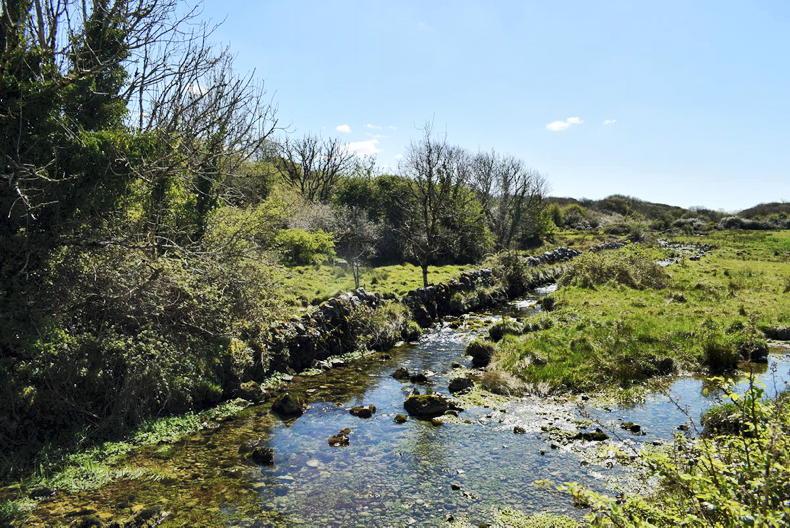
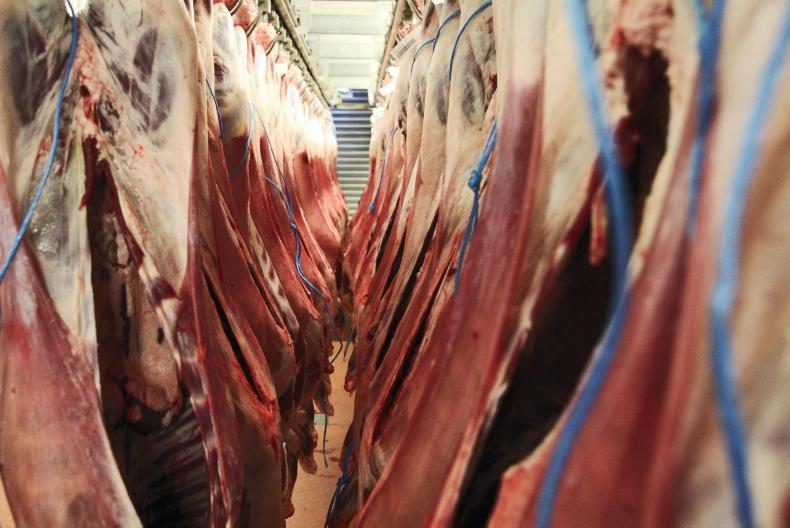

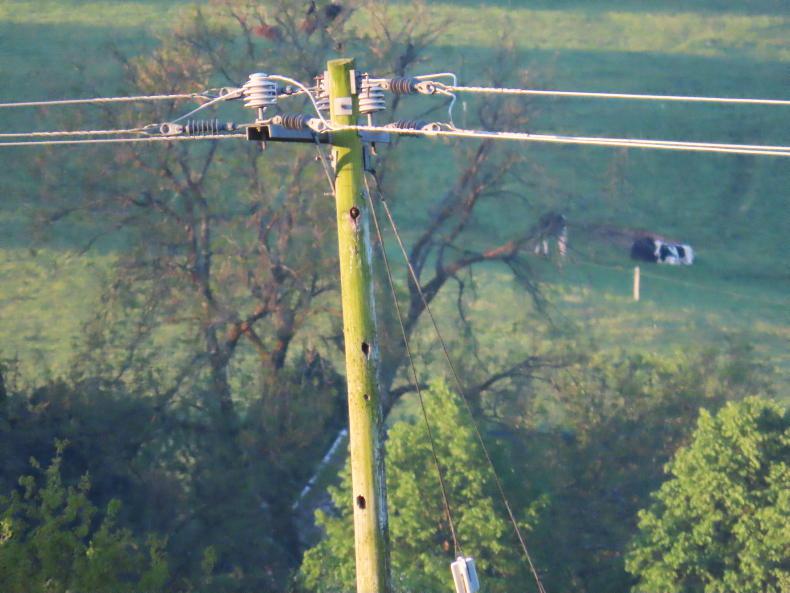
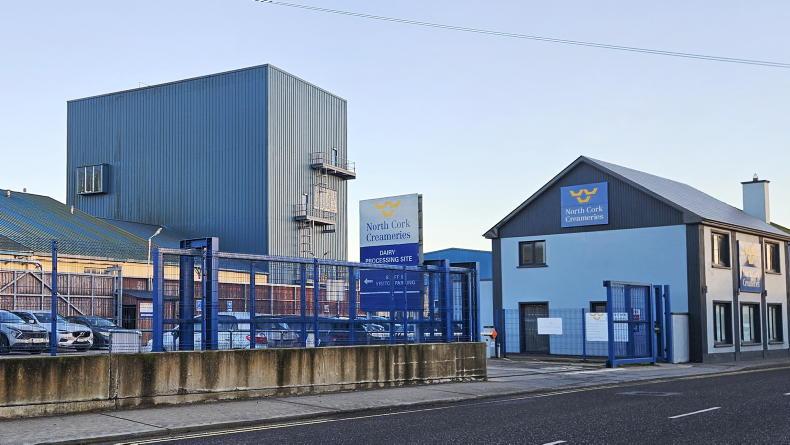
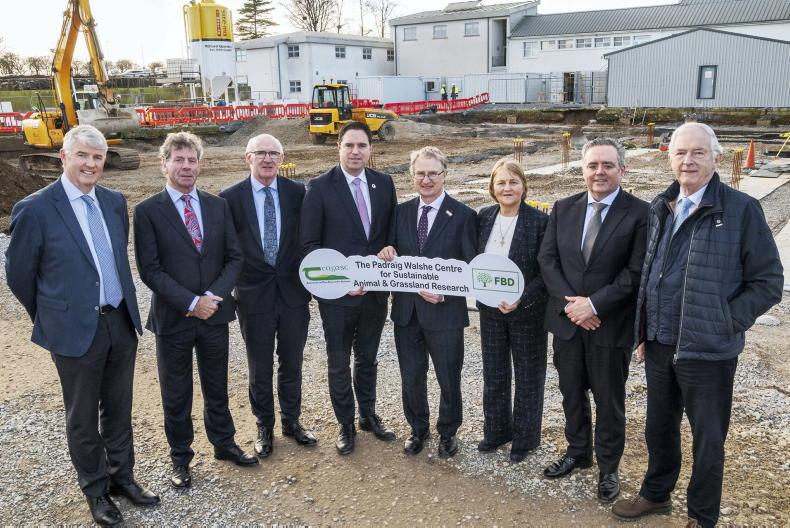
SHARING OPTIONS